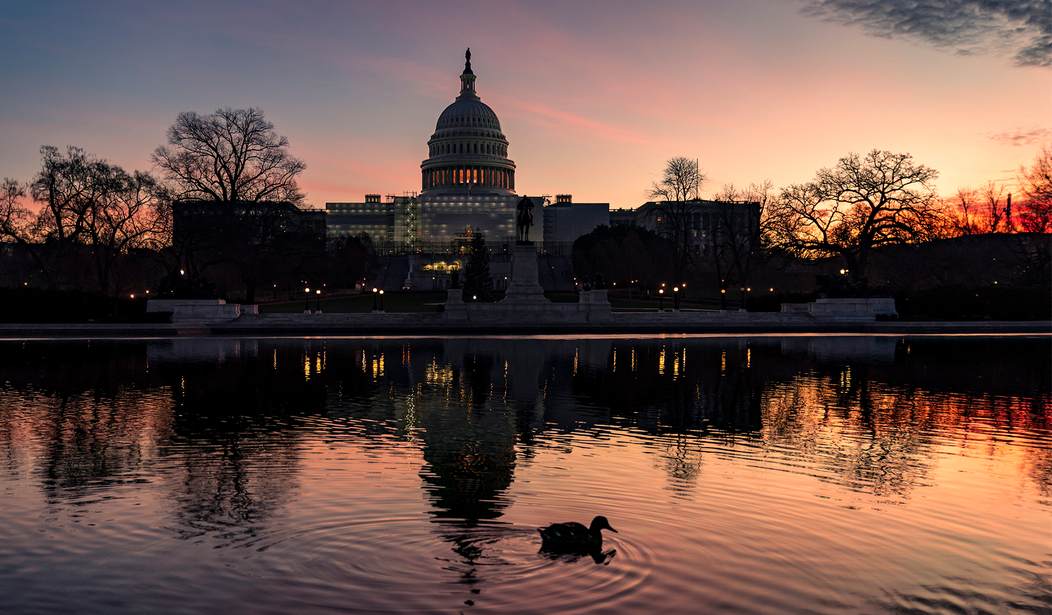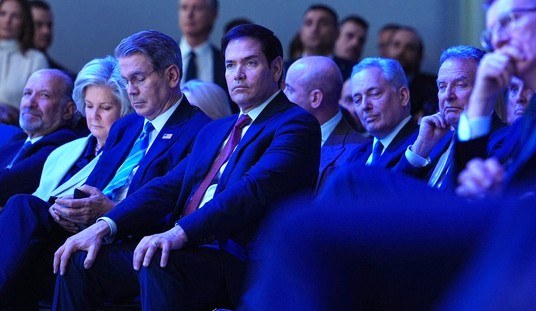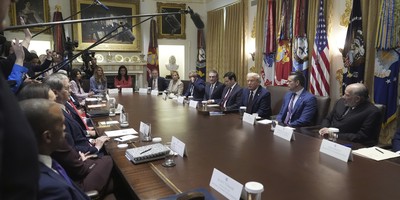There are many things many people want Congress to do. I would like a law that allows private citizens to execute any slowpoke in the fast lane on the interstate right then and there as they hold up everyone behind them. Our constitutional system would make that difficult, and it would never pass Congress for many reasons, one of which is hardly anything passes Congress except post office naming rights.
The Founders of this country had a problem. They had formed a new nation under the Articles of Confederation, with each of the 13 colonies having been transformed into sovereign nations unwilling to surrender their newly claimed powers to a central government. It was difficult to do anything, and though you may view the present spectacle in Washington as dysfunctional, it looks positively proficient, efficient, and functional compared to the United States under the Articles of Confederation.
Meeting to revise the Articles, the men who led this nation into being soon realized that the 13 sovereign nations would need to surrender some measure of sovereignty to a new national or federal government. But the 13 nations had suspicions, rivalries and different views that required a lot of compromise. The states, guided by Roger Sherman of Connecticut, embraced the Connecticut Compromise. There would be a bicameral legislature with one house representing the people through proportional representation and one house representing the states with two members per state.
The powers of the houses were divided. Only the House of Representatives could initiate legislation to raise revenue. Only the Senate could confirm presidential appointments and treaties that would bind the semi-sovereign nations via the federal government. To pass any law, the people via the House and the states via the Senate had to pass, within a two-year period, an identical piece of legislation, which then had to go to a President of the United States for approval. He could veto the legislation, and the houses of the Congress could override his veto with a supermajority.
Recommended
Passing legislation was limited to certain functions the Founders agreed should be done at a national level. In American vernacular, people often say something will "take an Act of Congress" because it is difficult to get anything done. Gridlock is a feature, not a bug. When the nation is narrowly divided, that narrow division reflects itself in the House of Representatives, which can completely shift its partisan composition every two years.
The nation is fairly evenly divided two-hundred-thirty-five years after the United States Constitution began operating. The Republicans hold a slim majority in the House. The Democrats hold a slim majority in the Senate. The idea that a comprehensive plan to deal with national security, the security funding of several other nations, and immigration reforms could pass in a presidential election year in a closely divided Congress was always absurd. This is not to fault Sen. James Lankford of Oklahoma, the Republican who has cared passionately about this issue for years. Oklahoma voters sent Lankford to the Senate to be a legislator, and he has tried to legislate. It is a shame his colleagues have made him the scapegoat for a plan that was never going to pass.
The plan will not pass because it is hard to pass anything in Congress. It is harder to pass anything in Congress in an election year. It is harder still to pass anything in Congress in a presidential election year. And it is hardest of all to pass anything in Congress in a presidential election year when one party holds a bare majority in the House of Representatives and the opposite party holds a bare majority in the Senate. This should come as no surprise to anyone.
The voters want the border secured. The President could secure it and has refused. The majority of the Senate wants a thousand-plus page piece of legislation passed. The critics are screaming about dysfunction and disarray. The Founders look and laugh. Their marvelous design has worked yet again to slow, refine, and define the necessary and proper bounds of the leviathan that could be and sometimes is the federal government.
To find out more about Erick Erickson and read features by other Creators Syndicate writers and cartoonists, visit the Creators Syndicate webpage at www.creators.com.

























Join the conversation as a VIP Member